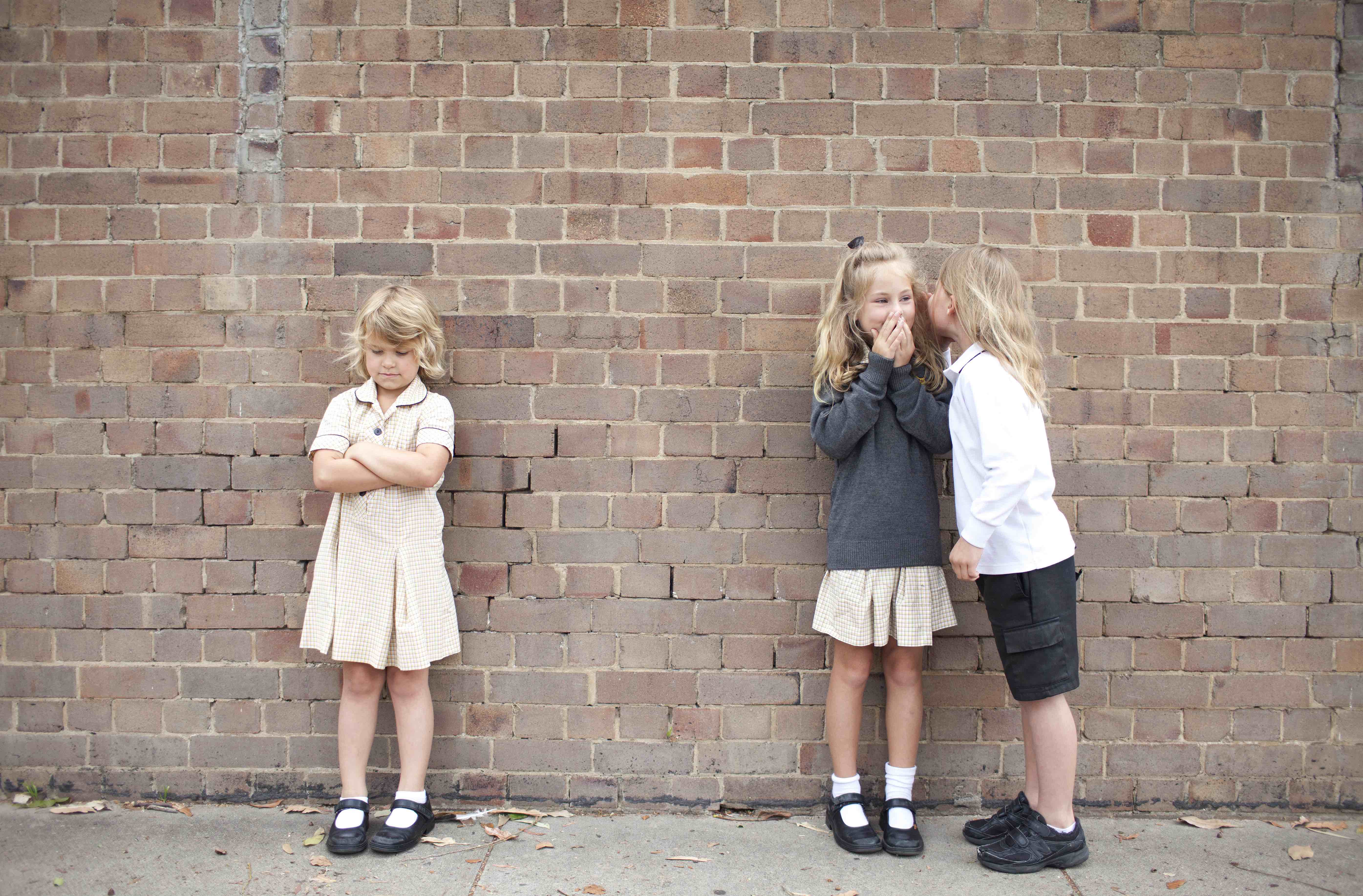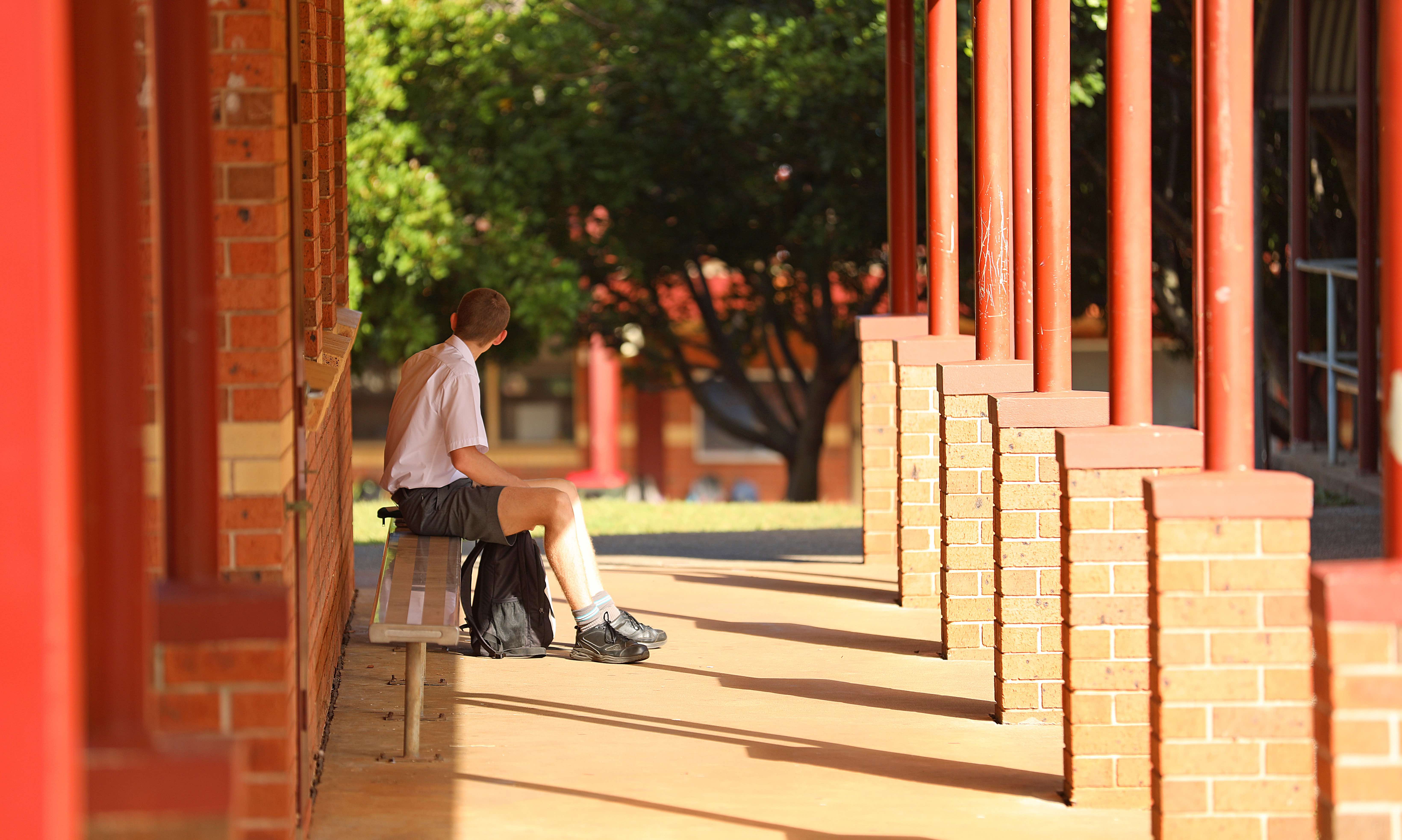
Health & Medicine
Friends in need are friends indeed

Having a resilient mindset makes a big difference to how much damage bullying does - parents and teachers can help kids learn that they have the power to cope with difficulty
Published 19 July 2018
Whether at work, school or at home, bullying has the potential to greatly wound victims – in whatever form it takes: physical, verbal, social exclusionary or online.
When someone more powerful says derogatory things about you, applies pressure on you to do something against your values or wishes, excludes you, or physically harms you, it’s normal to feel inadequate, embarrassed, depressed, helpless, anxious or furious.

But there are ways to minimise this damage. In particular, psychological research shows that having a resilient mindset makes a big difference to how much damage bullying does.
In fact, if you’re being bulled, protecting yourself from emotional wounds can help you stand up to the bullying and take constructive and protective action.

Health & Medicine
Friends in need are friends indeed
Educational psychologist Jessie Stewart and I recently worked with 100 students in primary and secondary schools in Melbourne to deliver a program which strengthens positive attitudes and coping skills.
We found that changing students’ mindsets towards the act of being bullied - by not taking it personally and not blowing the badness of many forms of bullying out of proportion - inoculated students from cyber-bullying, verbal harassment, social isolation and physical aggression, significantly reducing the intensity of students’ emotional responses.
This program builds on my earlier research with students aged 10 to 14 years of age published in the Journal of Relationships Research, which demonstrated significant reductions in their emotional responses to different types of bullying (cyber-bullying, social, physical, verbal) after they adopted a resilient mindset.
It is clear from my research and clinical work with children, adolescents and adults who have been bullied, that an important (but not the sole) contributor to the helplessness, despair, depression and rage they experience is a tendency to take the bullying behaviour personally.

“Because I am being picked on, there must be something wrong with me. I must be a real loser. This is awful, I can’t cope.” This self-talk reflects an attitude of self-depreciation.
In contrast, people of all ages who have not been wounded by bullying have a strong amount of self-acceptance. They protect themselves emotionally by thinking, “While it stinks to be bullied, I am still a worthwhile person. I can cope.”

Health & Medicine
Why helping at home is good for kids
Epictetus wrote nearly 2,000 years ago that “people are not effected by events but by their view of events” and Shakespeare said that “there is nothing either good or bad, but thinking makes it so.”
For example, two girls receive the same cyber-message on several occasions saying that each has been fooling around with a popular boy at a school party and the boy’s girlfriend is on the warpath. Carmen is quite devastated and feels extremely depressed about the impact on her reputation.
On the other hand, Alex pays little attention to the message, reminds herself that she is a worthwhile person and returns a SMS saying the sender’s spelling stinks.
I am increasingly aware we often disempower people with rhetoric that emphasises how terrible bullying is, and implies we have no choice but to feel devastated.
Workplace risk management procedures, school prohibition and home rules are important to decrease the incidence of bullying. So, too, is restorative justice and measures where offenders are encouraged to take responsibility for their actions and to repair the harm they’ve done.

But it is quite disempowering to harbour the belief that the act of bullying causes emotional misery and the only way you can feel less upset is by changing the behaviour of the bully.
Psychology research now points to cognitive-behaviour therapy (CBT) as the most powerful, best-practice intervention for helping young people cope with emotional issues. This talking therapy focuses on changing a person’s negative patterns of thought to help them view the world differently.

Health & Medicine
Bullied school kids left behind in learning
While state government departments have published useful guides for helping employees deal with workplace bullying (like keeping a record, seeking advice, locating grievous complaint procedures), in my view the ability of individuals to cope with bullying should be underlined and illustrated as well.
So, too, parents and teachers need to have conversations with young people that include the essential points that acts of bullying are bad but bad does not mean catastrophic, that they can cope and they should not take bullying personally.
While getting bullies to stop is the ultimate solution and aim, we also need to highlight that within each of us resides great power to cope with difficulty.
And until we achieve a safer and saner society where all forms of bullying are eradicated, we need to ensure that we are helping everyone grow the self-acceptance, self-confidence and self-belief that are essential elements of coping with adversity.
Banner: Getty Images